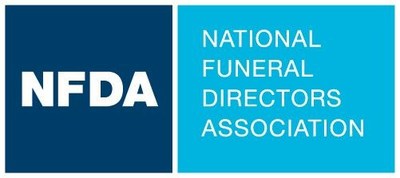

However, most bachelor’s degree holders usually work outside of traditional historian jobs-for example, jobs in education, communications, law, business, publishing, or journalism. Possible specializations include a particular country or region, period, or field, such as social, political, or cultural history.Ĭandidates with a bachelor’s degree in history may qualify for entry-level positions at museums, historical associations, or other small organizations. programs usually concentrate in a specific area of history. Research positions within the federal government and positions in academia typically require a Ph.D. In addition to coursework, most master’s programs in public history and similar fields require an internship as part of the curriculum. Others complete degrees in related fields, such as museum studies, historical preservation, or archival management. Many historians have a master’s degree in history or public history. Historians need a master’s degree or Ph.D. Candidates with a bachelor’s degree may qualify for some entry-level positions, but most will not be traditional historian jobs. Many people with a degree in history also become high school teachers or postsecondary teachers.Īlthough most historian positions require a master’s degree, some research positions require a doctoral degree. Workers with a background in history also may go into one of these occupations. In historical associations, historians may work with archivists, curators, and museum workers to preserve artifacts and explain the historical significance of a wide variety of subjects, such as historic buildings, religious groups, and battlegrounds. For example, they may research the people and events related to Operation Desert Storm. Many write about the history of a particular government agency, activity, or program, such as a military operation or space missions. In government, some historians conduct research to provide information on specific events or groups. Once their research is complete, they present their findings through articles, books, reports, exhibits, websites, and educational programs.

They often trace and build a historical profile of a particular person, area, idea, organization, or event.
Many historians present and interpret history in order to inform or build upon public knowledge of past events.
NATIONAL ASSOCIATION OF PERSONAL HISTORIANS ARCHIVE
They also may process, catalog, and archive these documents and artifacts. They use a variety of sources in their work, including government and institutional records, newspapers, photographs, interviews, films, and unpublished manuscripts, such as personal diaries, letters, and other primary source documents. Historians conduct research and analysis for governments, businesses, individuals, nonprofits, historical associations, and other organizations.



 0 kommentar(er)
0 kommentar(er)
